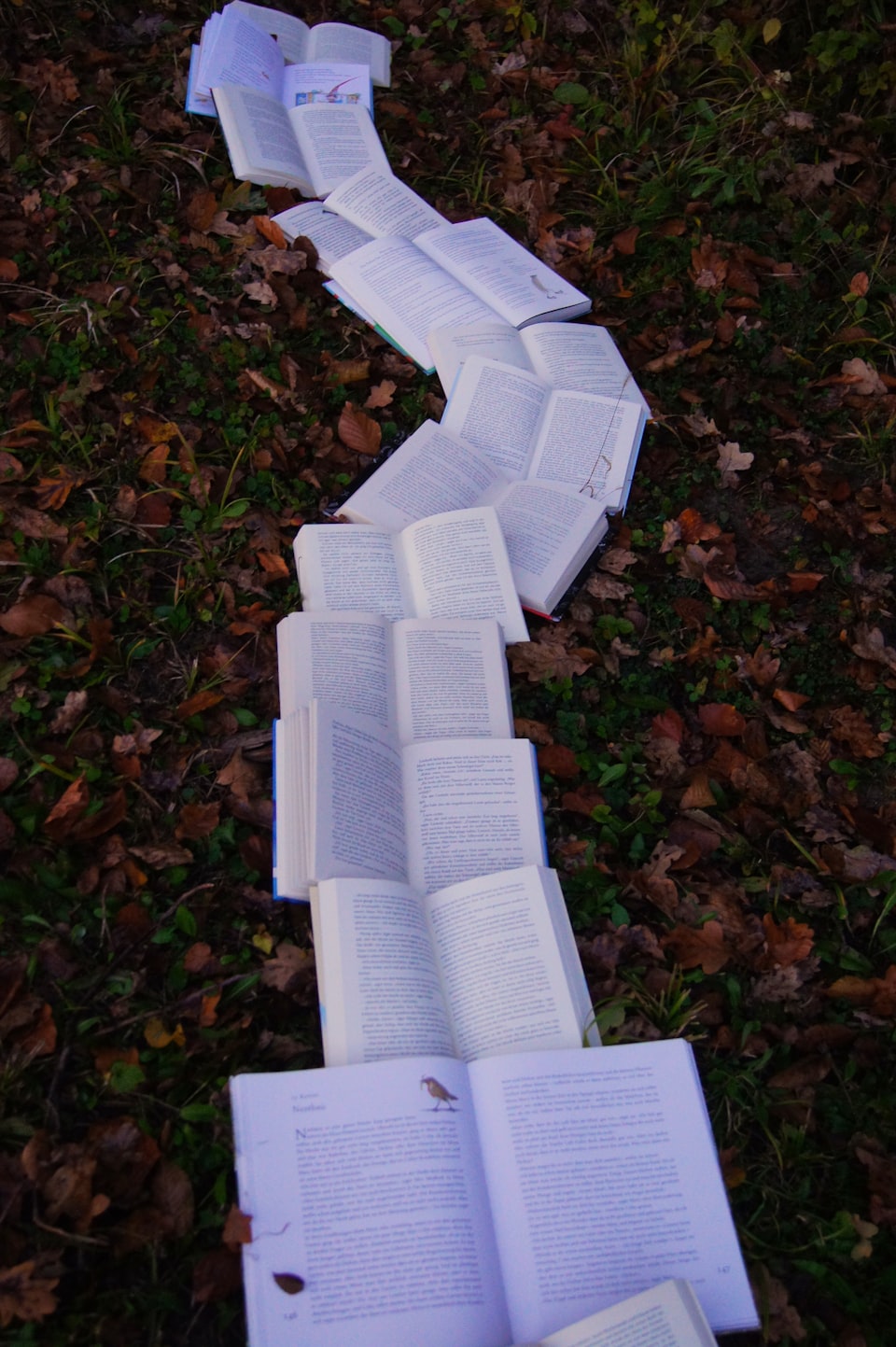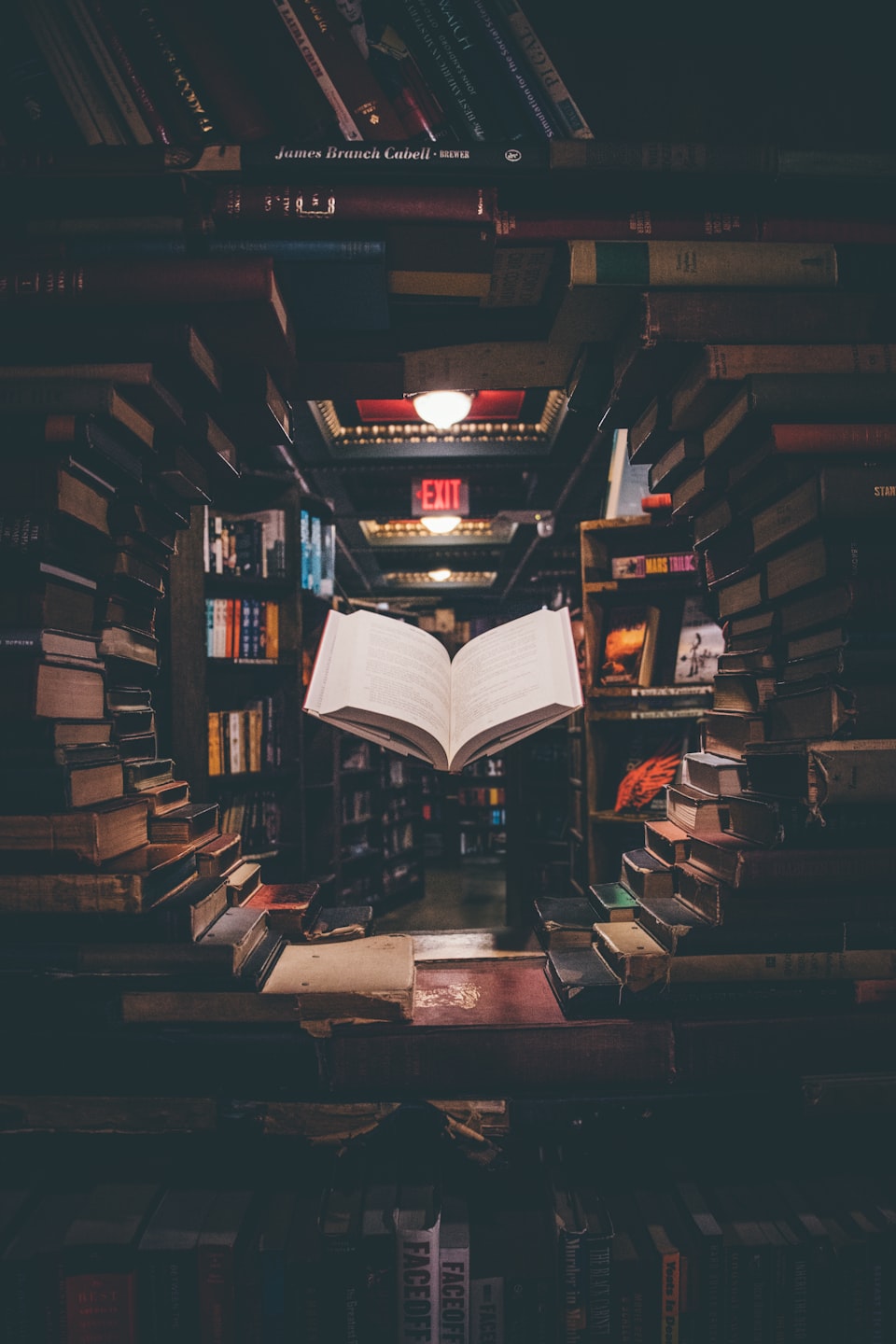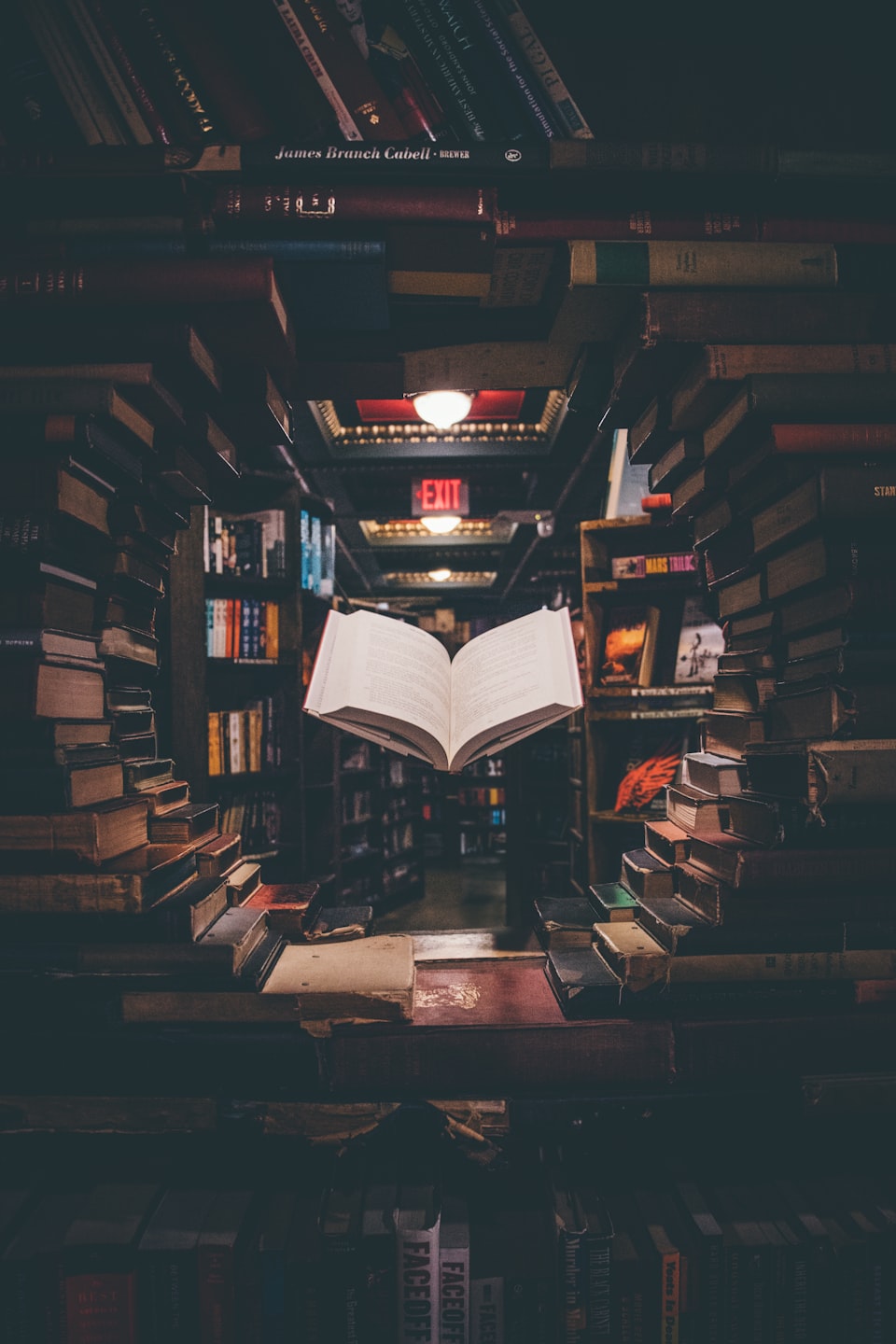Hello! I have wanted to write a post about my favorite books, and below is a list of them categorized into non-fiction and fiction, in no particular order. If it's a multi-part series, I have considered them together. Here we go.
Non-fiction
Atomic Habits
Atomic Habits by James Clear examines and explains the science and psychology behind habit building in an easily accessible way. With many real-world examples and anecdotes, James Clear explains how a habit becomes a part of our lives. The book's fundamental idea is that we should view habit changes as identity changes rather than outcome-based changes. Another key takeaway from this book is that tiny daily changes compound over time, resulting in remarkable results. James Clear explains the four significant steps in forming a good habit or breaking a bad one — the cue, the craving, the response, and the reward. You can find my summary of this book here.
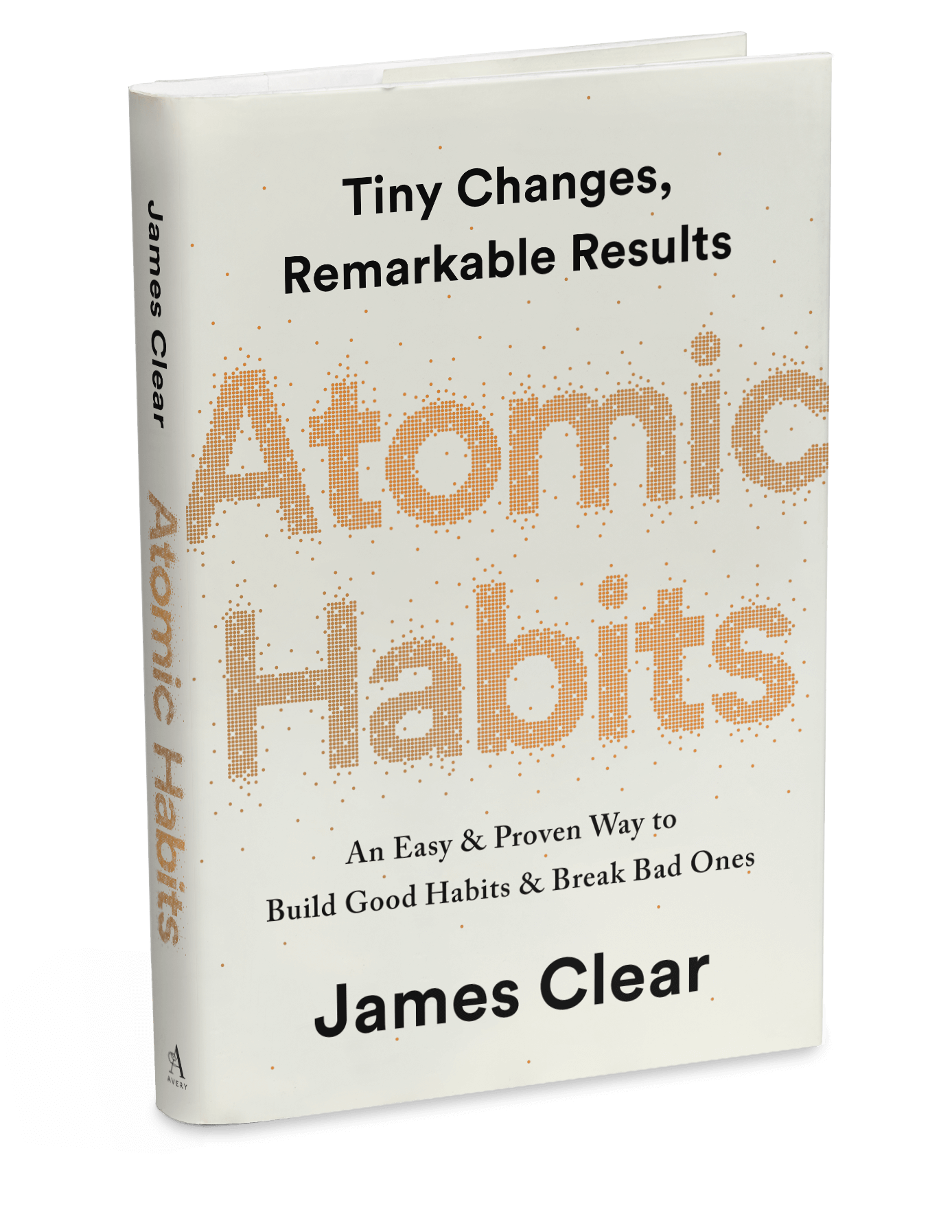
Thinking, Fast and Slow
Thinking, Fast and Slow by Daniel Kahneman is hailed as one of the best books about human psychology. Daniel Kahneman, a Nobel prize winner for his work in Economic Sciences, takes us through a tour of our brain, which operates in two systems. System 1 is fast, intuitive, and emotional; System 2 is slower, more deliberative, and more logical. Both systems complement each other beautifully to make our minds work.
This book explores the psychology of human behavior in depth, backed by tons and tons of research, studies, and experiments. This book is a slow read for anyone new to reading psychology, but there is so much to learn, and it is worth the time spent. Dr. Kahneman covers heuristics and biases, judgment, intuition vs. formulas, loss aversion, the law of small numbers, regression to the mean, the endowment effect, the illusions of validity and understanding, and much more. The book is a treasure trove of statistics and probability and how they interweave into our lives. The topics presented are enlightening and make us revisit our behaviors and experiences.
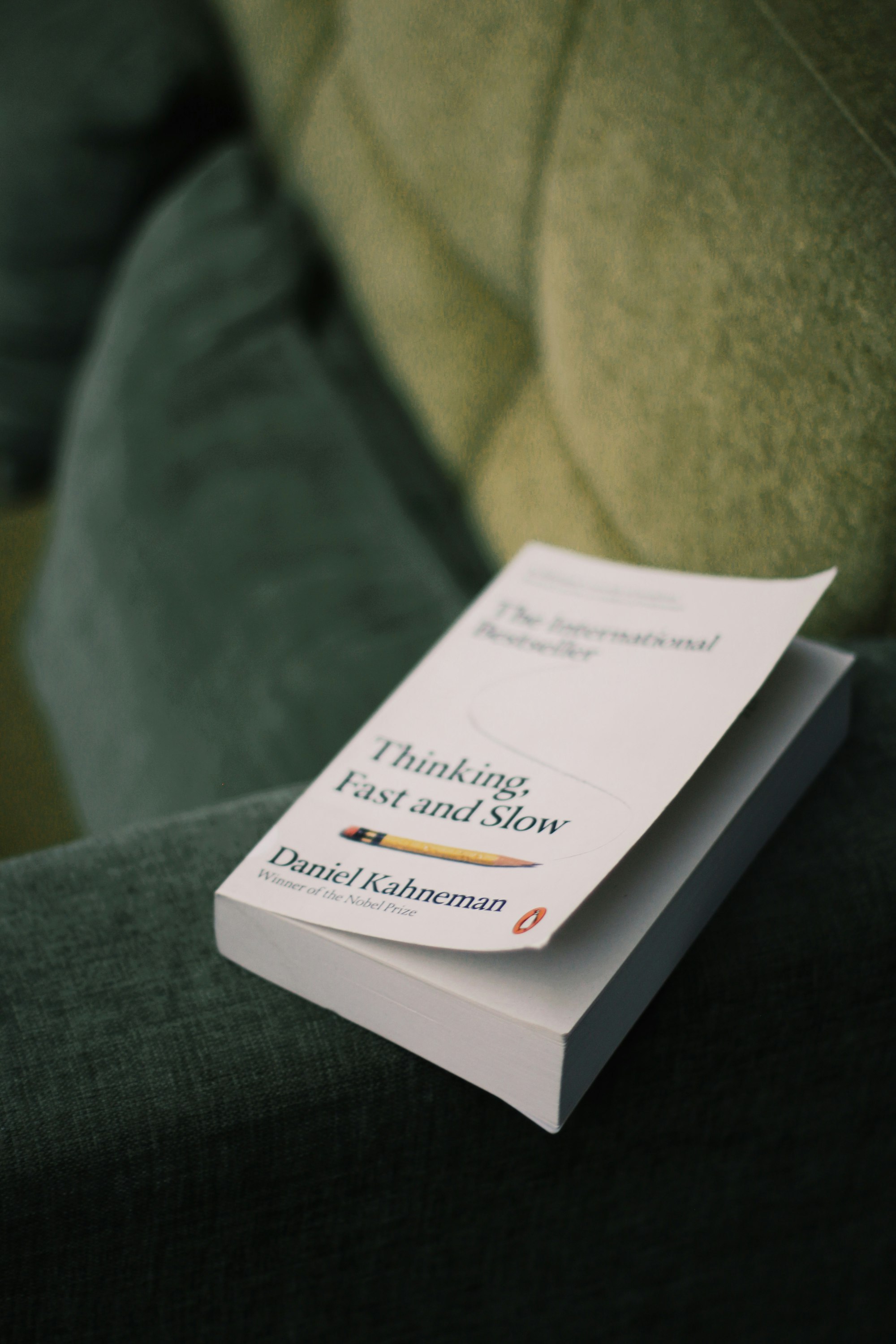
The Psychology of Money
Psychology of Money by Morgan Housel talks about how people think about money. The book is written on the border between psychology and personal finance. The author explains how each of us thinks differently about money and how our opinions and perception of it are shaped by the life we lead, the places we grew up and lived, the financial conditions in which we were raised, and how our behavior changes when we encounter money. The book can be considered a guide to developing financial self-awareness. It's relatively short for finance or a psychology book but rich in insights.
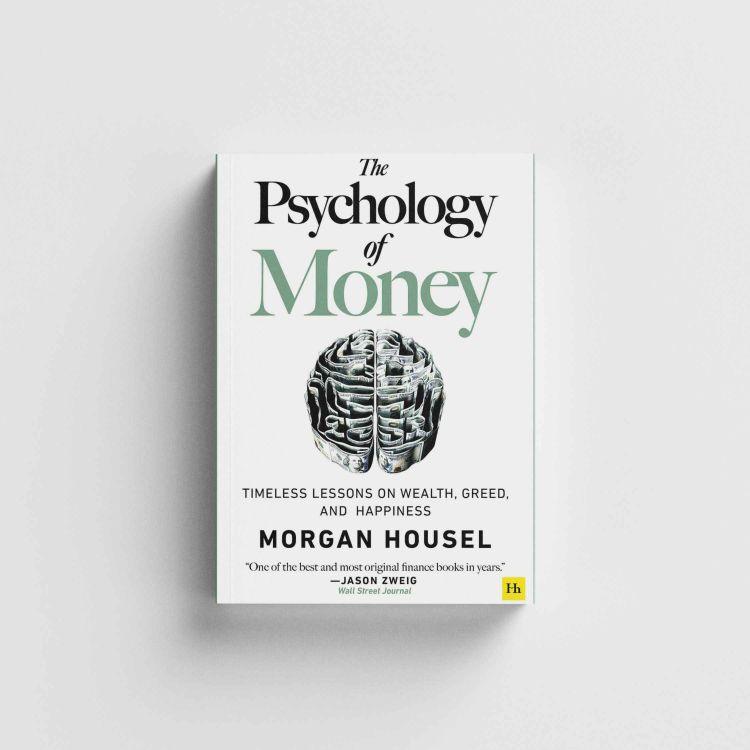
The Almanack of Naval Ravikant
The Almanack of Naval Ravikant by Eric Jorgenson is a neat compilation of speeches, podcasts, and other interviews of Naval Ravikant. Naval Ravikant is the cofounder of AngelList, a tech investor, an entrepreneur, and is considered a wise person by many. The book is divided into two parts — Wealth and Happiness. In the first part, Naval talks about entrepreneurship, building wealth and career, decision-making, first-principles thinking, learning, reading, etc. The second part is packed with Naval's wisdom on happiness, peace, purpose, mindfulness, etc. Most of his philosophies are grounded and thought in simple terms, which makes them very relatable and easy to digest. The book is a powerhouse of wisdom, and there is always something new to take away every time someone reads it.
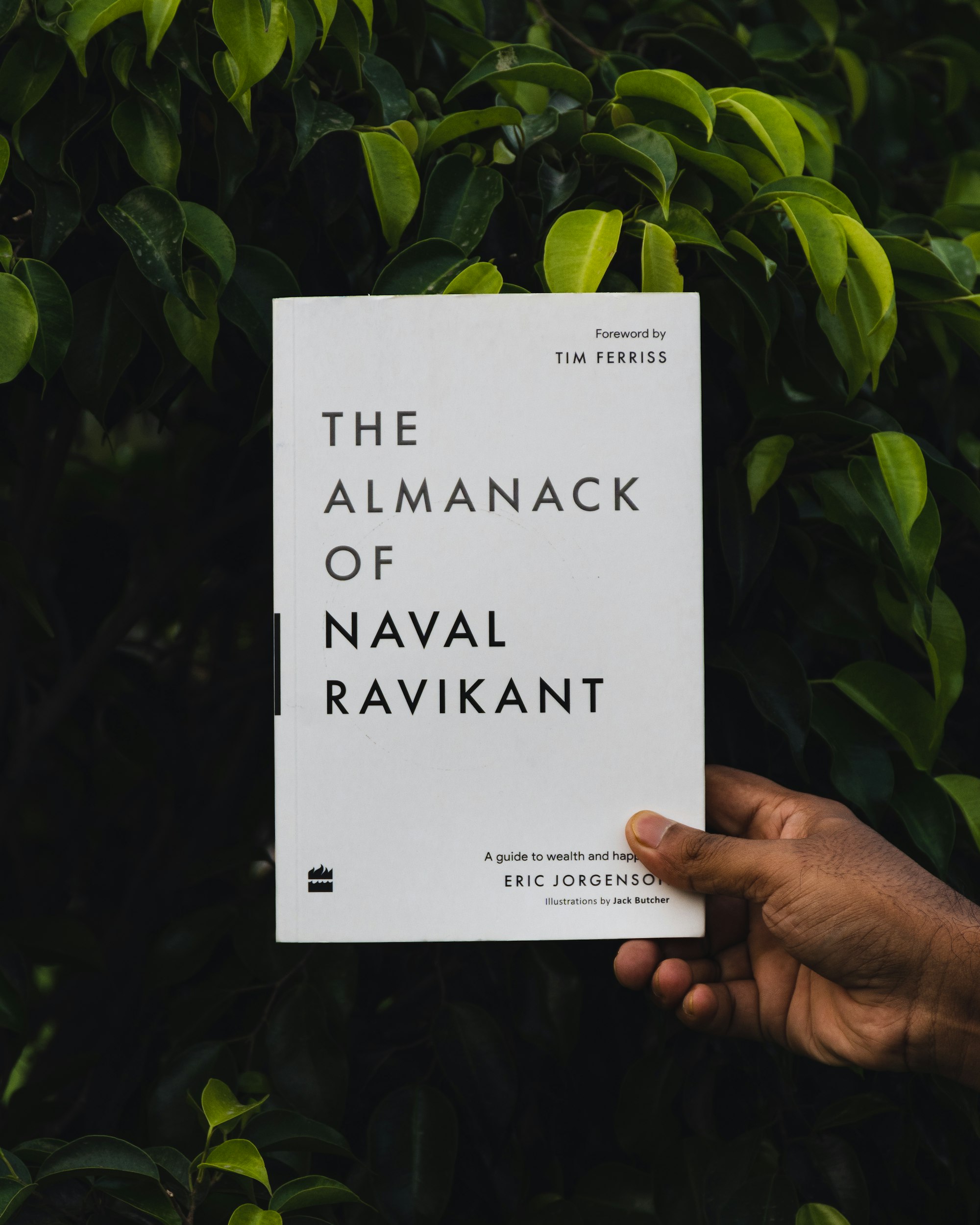
Educated
Educated by Tara Westover is a gut-wrenching yet inspirational memoir about a woman brought up in a conservative Mormon household in Idaho, USA. She educated herself to get a Ph.D. from Cambridge University despite not having any formal school education in her life. The author's parents didn't send their children to school; they never went to a hospital even for major accidents, and they made their children work for years on dangerous terrain with dangerous equipment. Her brother was abusive physically, and her family refused to confront him. The author's upbringing was unique, and she has endured a lot navigating some of her parents' ridiculous superstitions and delusional beliefs.
She taught herself many things, including trigonometry, algebra, calculus, literature, and more. The book is hard to digest and utterly shocking when you read some events, and it is far more inspirational and stresses the importance of education. It is an astonishing account of confusions, deprivations, self-actualization, pain, survival, and success — a must-read for everyone.
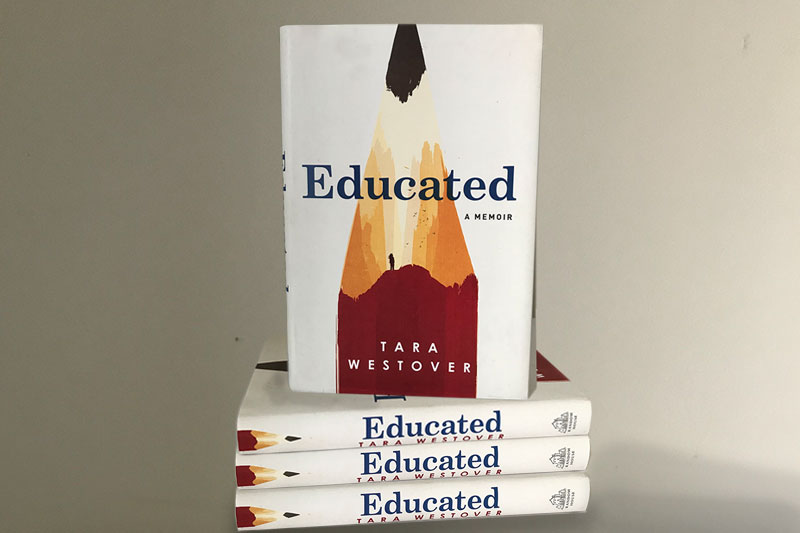
Fiction
Six of Crows Duology
Six of Crows and Crooked Kingdom by Leigh Bardugo is a fantasy series set in the Grishaverse, a universe co-occupied by a type of people called the Grisha. The Grisha have different abilities like manipulating the oceans and the tides, healing skills, controlling bones and metabolism, manipulating metals, etc. The story follows a gang of thieves from a city called Ketterdam, who are hired to break into their world's most secure prison to rescue a scientist.
The main characters are the gang of thieves, who have their specialties — one is an excellent thief who is good at picking locks, stealing, and good at mind games & planning, one is good at scaling walls and being acrobatic, one is good with chemicals, one is good with guns and gambling, one is muscular and strong, and one is a healer. The scientist is said to have invented a drug that could be potentially used to misuse the powers of Grisha by controlling them against their will, so the protagonists should rescue him to prevent the formula from falling into the wrong hands. Filled with twists and surprises, both the books are so gripping and fast-paced that it's hard to put them down. The books feature some extraordinary writing, exquisite storytelling, and world-building — a must-read for fantasy lovers.
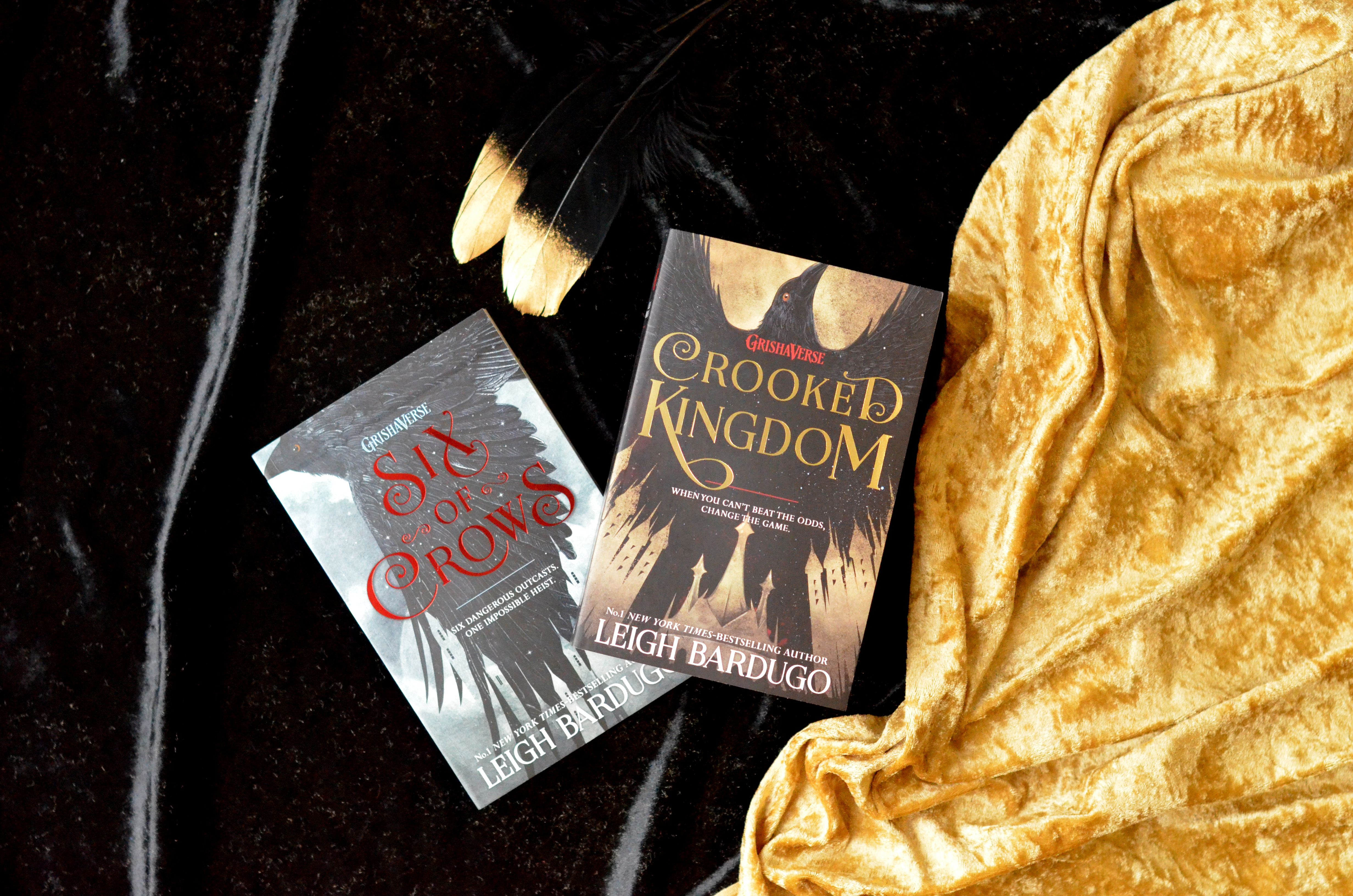
Kafka on the Shore
Kafka on the Shore by Haruki Murakami is an adventure. Set in Japan, it follows two parallel stories of a 15-year-old boy Kafka who runs away from his home and an 80-year-old man Nakata who cannot read or write but can speak with cats. Their stories are filled with adventures, and the book explores whether both stories will cross paths or not. The stories take us through so many different dimensions with talking cats, fish and leeches falling from the sky, unaged world war soldiers, time travel, mysterious villains, a mind-bending world, sex, ghosts, a magical stone, some music pieces from Schubert, Beethoven, Led Zeppelin, Prince and much more.
The author also builds from multiple cultural backgrounds, from food to fashion, to Japanese culture. That is a lot of things to cover in a book. However, it is hard to escape the world Murakami builds. The book has been categorized into a genre called magical realism. The writing is mostly gripping with some slow parts, but it is worth the experience. The book makes you scared, flinch, disgusted, smile, feel sorry, think, and mind-blown. If you're looking for an adventure that makes you feel like, "what have I just read?" look no further. The deeper you go, the more you find.

The Song of Achilles
The Song of Achilles by Madeline Miller is a mythological retelling of the story of the Greek mythical character Achilles and his friend Patroclus. The story starts with the lives of young Patroclus and Achilles, their adventures, friendship, and unwavering love for each other. The book is rich with vivid sceneries of ancient Greece with forests, centaurs, battles, war, etc. Though Achilles is regarded as one of the greatest warriors of Greek mythology, Patroclus is the hero of this book. The book is written from his perspective.
Though he is not a warrior, Patroclus goes to the Trojan War with Troy for his love for Achilles, and the remaining turn of events is the rest of the book. It portrays the bisexual nature of Achilles' life with a beautiful love story between him and Patroclus, mixed with your beloved Greek characters like Agamemnon, Hector, Apollo, Menelaus, etc. If you loved the movie Troy, you would devour this book. Be prepared for some heavy-hearted last 30 pages.
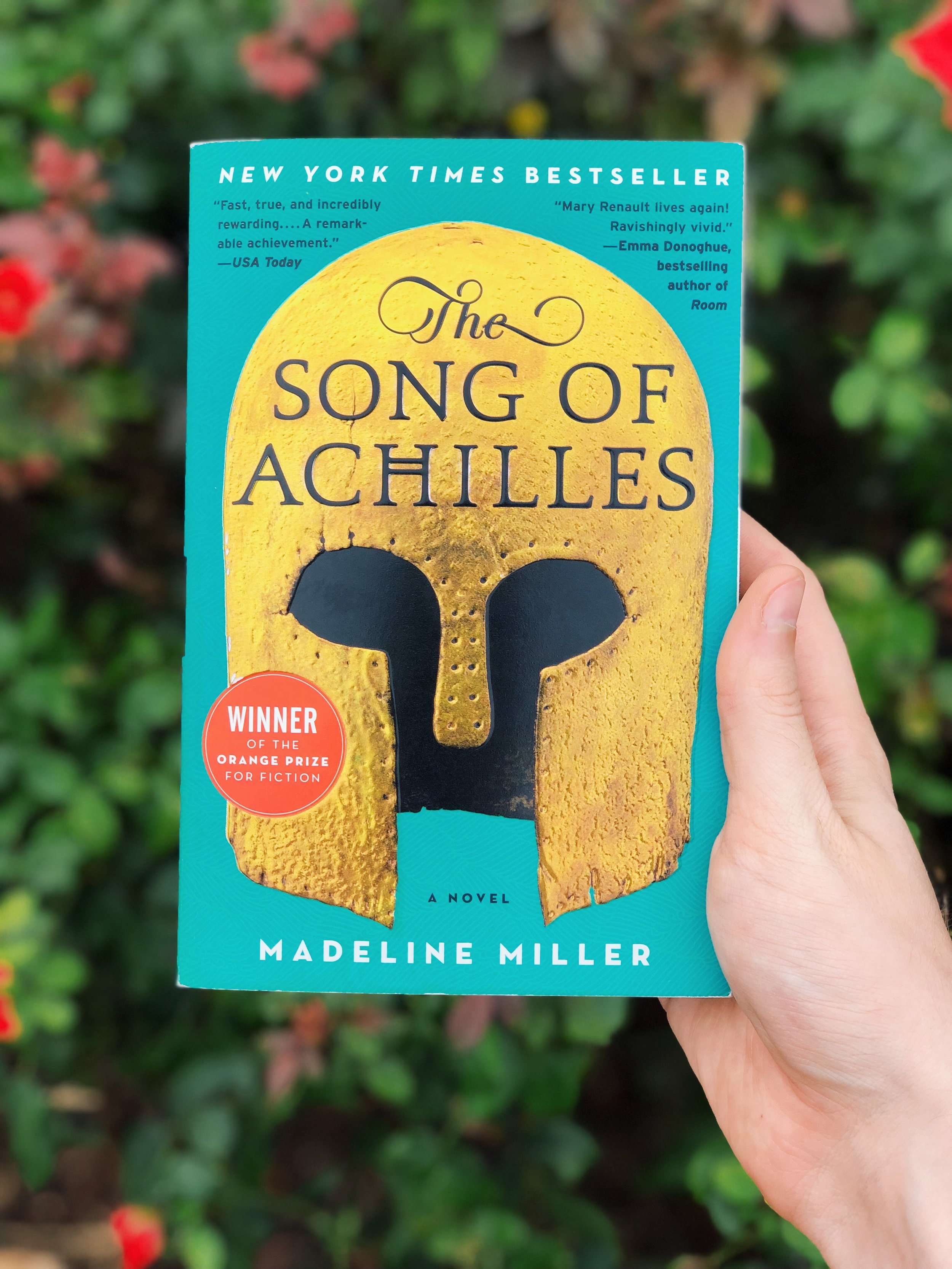
We Were Liars
We Were Liars by E. Lockhart is a mystery novel that revolves around the Sinclair family. The Sinclairs meet at their private island every summer. The protagonist, Cadence, is one of the children who meets her cousins, aunts, and grandfather on his private island. On one of the summers, she suffers a head injury and forgets everything that happened before. Nobody would tell her what happened, and she starts regaining her memory during the subsequent summer visits. The revelations that follow are quite baffling, and nobody who reads this could ever guess the end of the book. The writing style is fragmented on purpose to reflect her broken memory, and that's a clever choice by the author. The narrative is gripping, and it's yet another page-turner.
![Book Review] We Were Liars by E. Lockhart - Erica Robyn Reads](https://4.bp.blogspot.com/-h0YBxzKzZ8Y/WdT3R0ag8UI/AAAAAAAAEcA/mFs44A4vI1MNipQfn9idpTyt8D3F7-ZOACLcBGAs/s1600/We%2BWere%2BLiars%2Bbook%2Bimage.jpg)
And Then There Were None
And Then There Were None was written by Agatha Christie almost 100 years ago. It's one of the classics of the Queen of Mystery, and no wonder she has earned that title. An unknown person called U. N. Owen invites ten people to an island. The guests soon realize that no one else is on the island, not even U. N. Owen. They see a poem in each of their bedrooms saying that ten people will be killed and how they will be killed. The poem becomes true, and the deaths begin to happen in the ways described in the poem. Who is the murderer? Is it one of them, or is there someone else? Can they trust each other? Can they stop the deaths or escape the island? Only the pages will tell. If you want to spend a whole day trying to unravel a murder mystery in your head, pick up this one.
![And Then There Were None [TV Tie-in] by Agatha Christie, Paperback | Barnes & Noble®](http://prodimage.images-bn.com/pimages/9780062073471_p0_v9_s1200x630.jpg)
Those are my top recommendations for fiction and non-fiction books. I would also love to hear your recommendations if you have any. Thanks for reading. Peace out!

